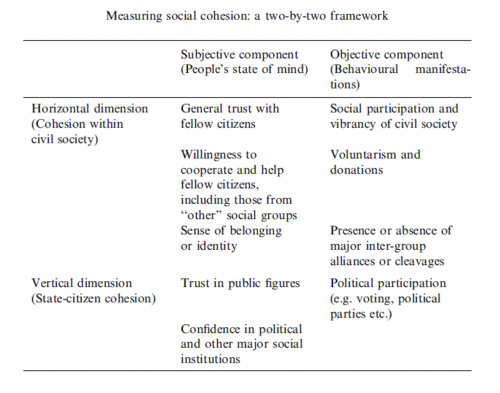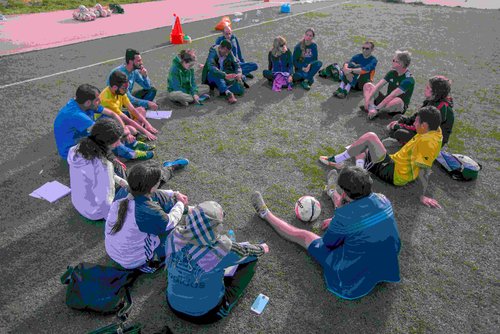Do mass media interventions effectively promote peace in contexts of ongoing violence? Evidence from eastern Democratic Republic of Congo
Key facts
Participation
Other ()
Summary
We report on a field experiment and a focus group interview study that examine the impact of a media-based intervention (i.e., radio drama) aimed at promoting peaceful intergroup relations in the Eastern Democratic Republic of Congo (DRC). In Study 1, we used a priming paradigm to assess the causal impact of the intervention among 1,522 Congolese community members in North and South Kivu. The results revealed mixed effects of the media intervention on psychological outcomes: Priming the radio drama increased inclusive victim consciousness while reducing exclusive victim consciousness and social distance. However, priming also increased support for conformity toward leaders, and reduced the belief that cross-group discussions can resolve problems in community. Findings from a follow-up focus group interview study (with 6 focus groups, N = 51) shed light on possible reasons for these mixed results. We discuss why strategies that are effective in improving intergroup relations in the aftermath of violence might not be as effective in settings of ongoing violence.



